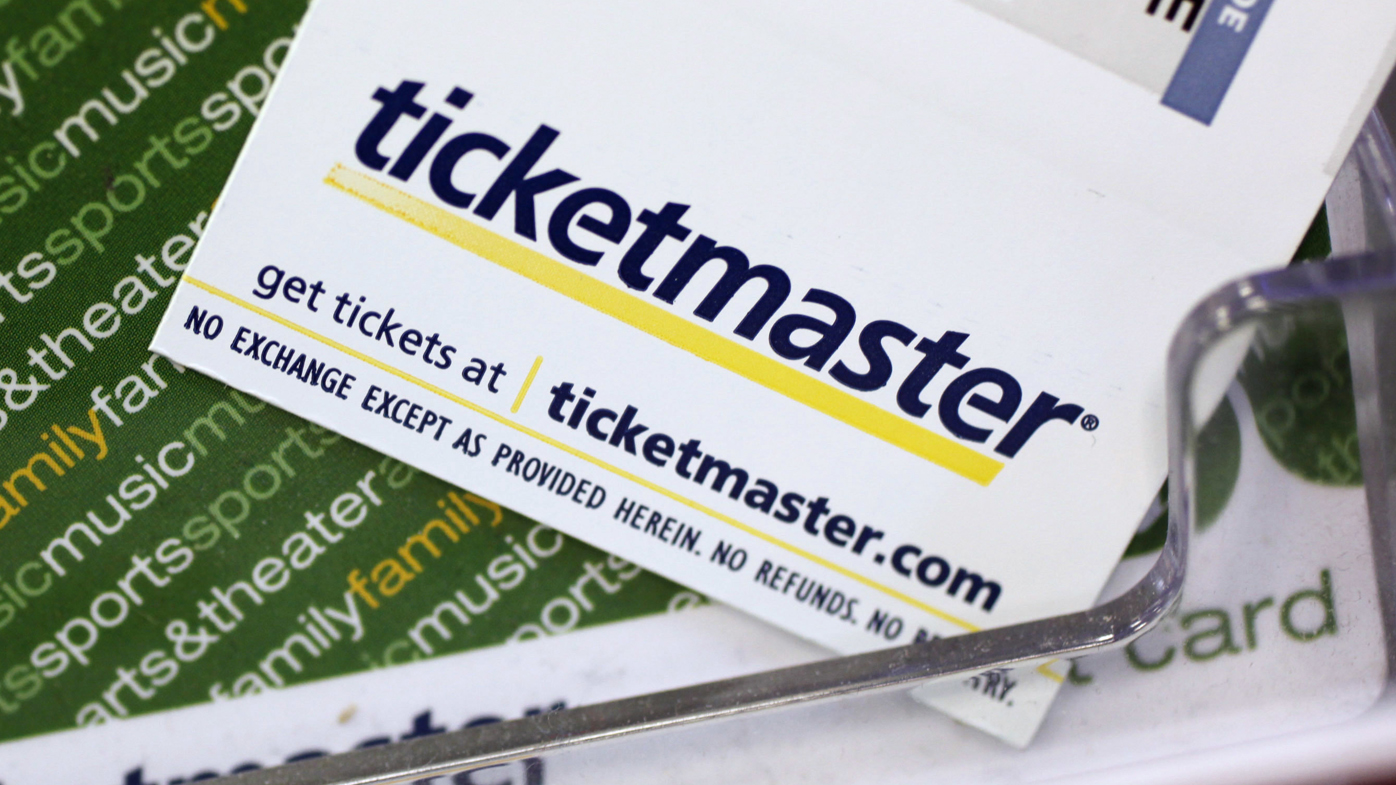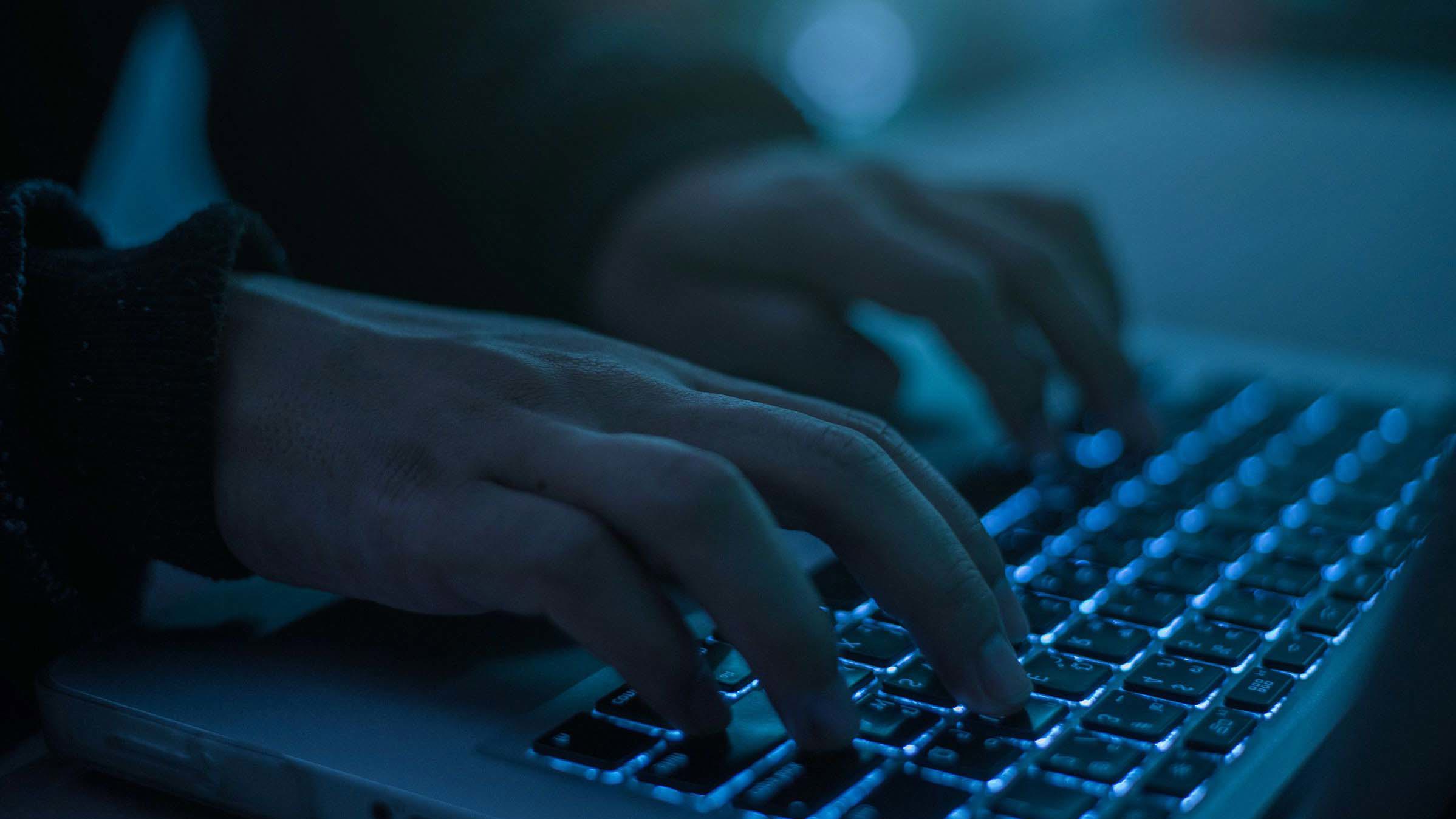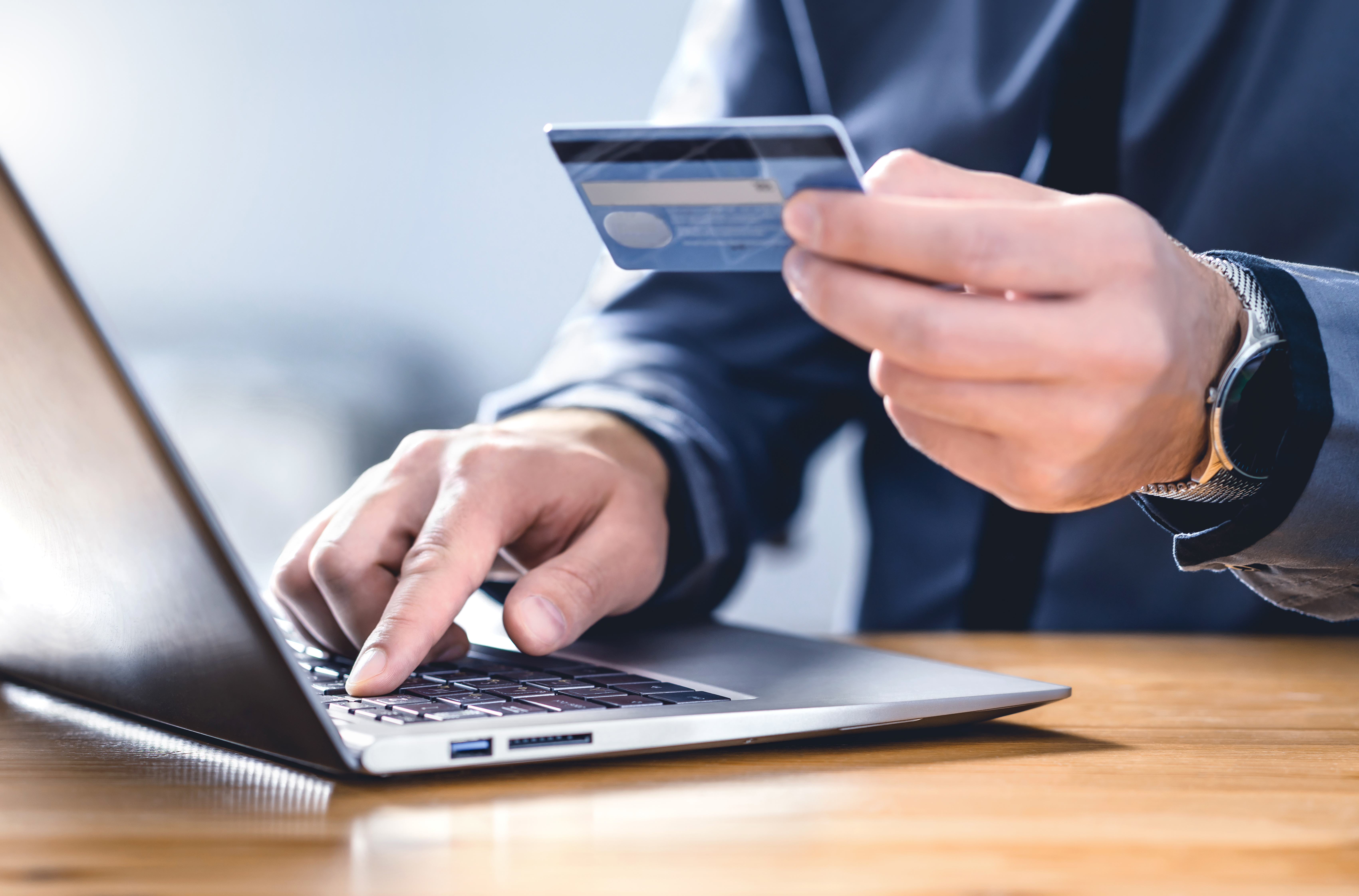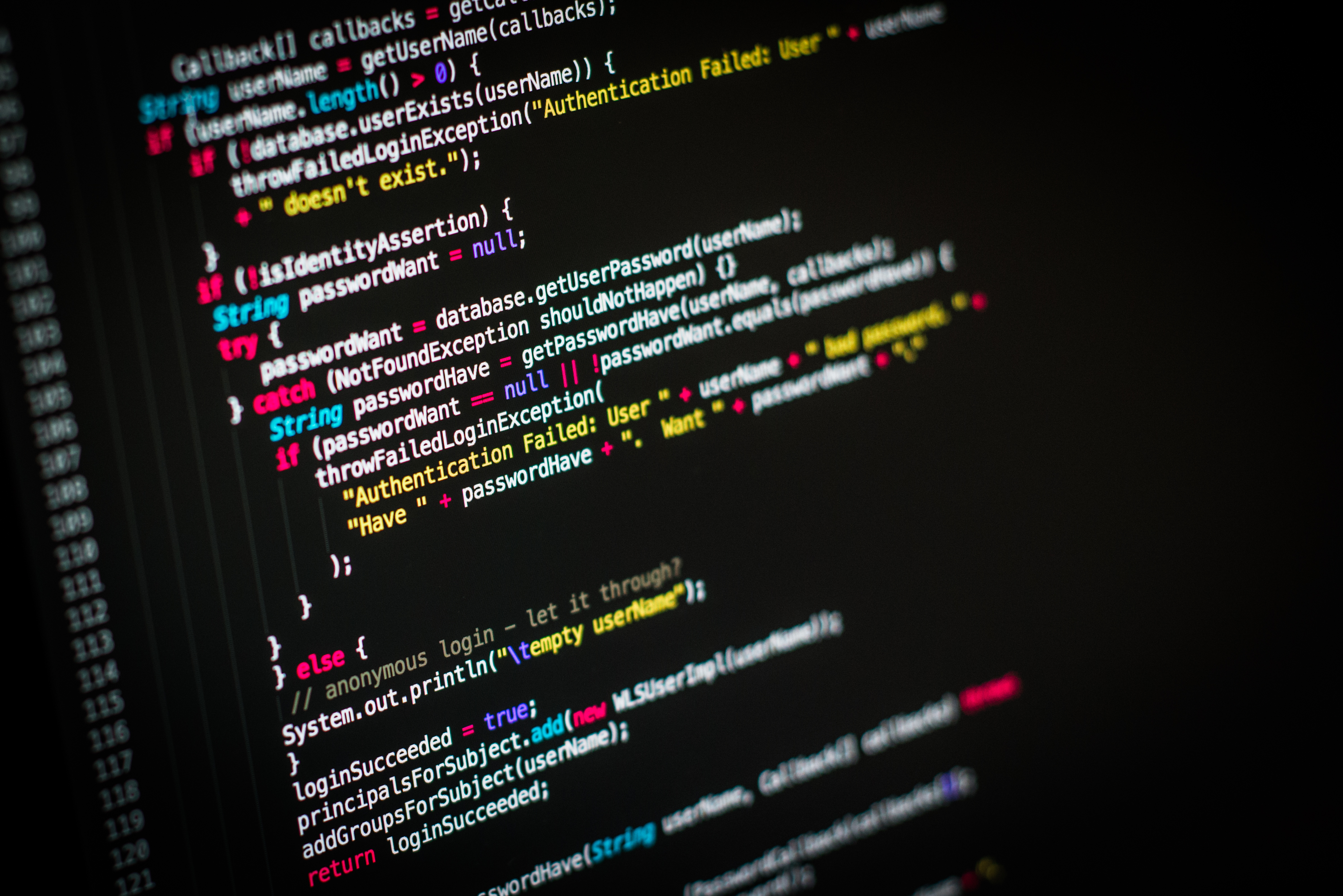Ticketmaster became the latest major company to fall victim to a data breach, following the likes of MediSecure, ClubsNSW, Optus and Medibank, and it won't be the last.
Cybercrime is the fastest-growing crime with hundreds of millions of dollars lost each year to it, according to the Australian Federal Police.
With that, there is an increasing chance of being caught up in a data breach. Here is how to navigate one, according to a cybersecurity expert.
READ MORE: Chinese national arrested over 'world's largest' cybercrime botnet

How do I know if my information was leaked?
Companies have a mandatory disclosure requirement to inform their customers of a data breach and how they are affected once it has been confirmed, UNSW Institute for Cybersecurity deputy director Sanjay Jha said.
There may be some time, however, until a customer will notice their data has been used as it has to go through a supply chain from distributor to identity thief.
"If it got stolen last night, it's not like everyone this morning will get spam emails," Jha said.
The Australian Cyber Security Centre has listed other warning signs to look out for like:
- a cybercriminal has tried to use your information, for example, to access your accounts, steal your money or extort you
- you start to get more spam calls, emails or messages
- you notice increased communication with companies you have not done business with before
News of Ticketmaster's breach came from a dark web post, in which notorious hacker ShinyHunters claimed he stole 1.3 terabytes of data from 560 million global customers.
The Department of Home Affairs has confirmed it is aware of the cyber incident and is engaging with Ticketmaster.
9news.com.au has contacted Ticketmaster for comment.
READ MORE: Jetstar cabin crew taken to hospital after 'unusual smell' in plane

What should I do if my data has been hacked?
Jha said the first step is to contact your bank for advice if your credit card has been compromised.
Next, change your passwords.
Australia's eSafety Commissioner said the strongest passwords are at least 12 to 15 characters long, include symbols and numbers and are unrelated to the person.
Passwords should also be different for each account and portal.
Users are warned not to allow browsers to save their passwords and to log out each time.
"Strong passwords are hard to remember but are hard to be compromised," Jha said.
Australians can also use a questionnaire by the federal government's cyber department to learn what to do if they fear they have been compromised.
Make sure you report the hack online here.
READ MORE: BoM reveals Australia's official winter weather forecast

How do I protect my information from hackers?
Home Affairs advises users to set up multi-factor authentication, install software updates regularly and to create strong passwords.
Jha added tokenisation as a payment method could also help.
Unfortunately, according to the expert, there is "nothing that is entirely safe".
And with technology rapidly evolving, it has become a cat-and-mouse game to keep up with cybercriminals.
"Cyber criminals are becoming smart. They are becoming more and more sophisticated," Jha said.
"Catching one doesn't catch the whole network.
"It's very hard to have a bulletproof system. It's not a simple system anymore, it's a system of systems."
READ MORE: Two more players caught up in alleged A-League bet fix

Jha stressed that organisations have a responsibility to protect their customers' data and should engage in regular and thorough compliance checks.
Cyber Wardens estimates almost half of all cyberattacks in Australia target small to medium businesses, with the average attack costing the business $46,000.
"If you haven't fortified your digital doors with strong cybersecurity practices, you put yourself at a higher risk for an online attack," the Council of Small Business Organisations Australia chief Luke Achterstraat said.
from 9News https://ift.tt/3FkQBH6
via IFTTT
Comments
Post a Comment